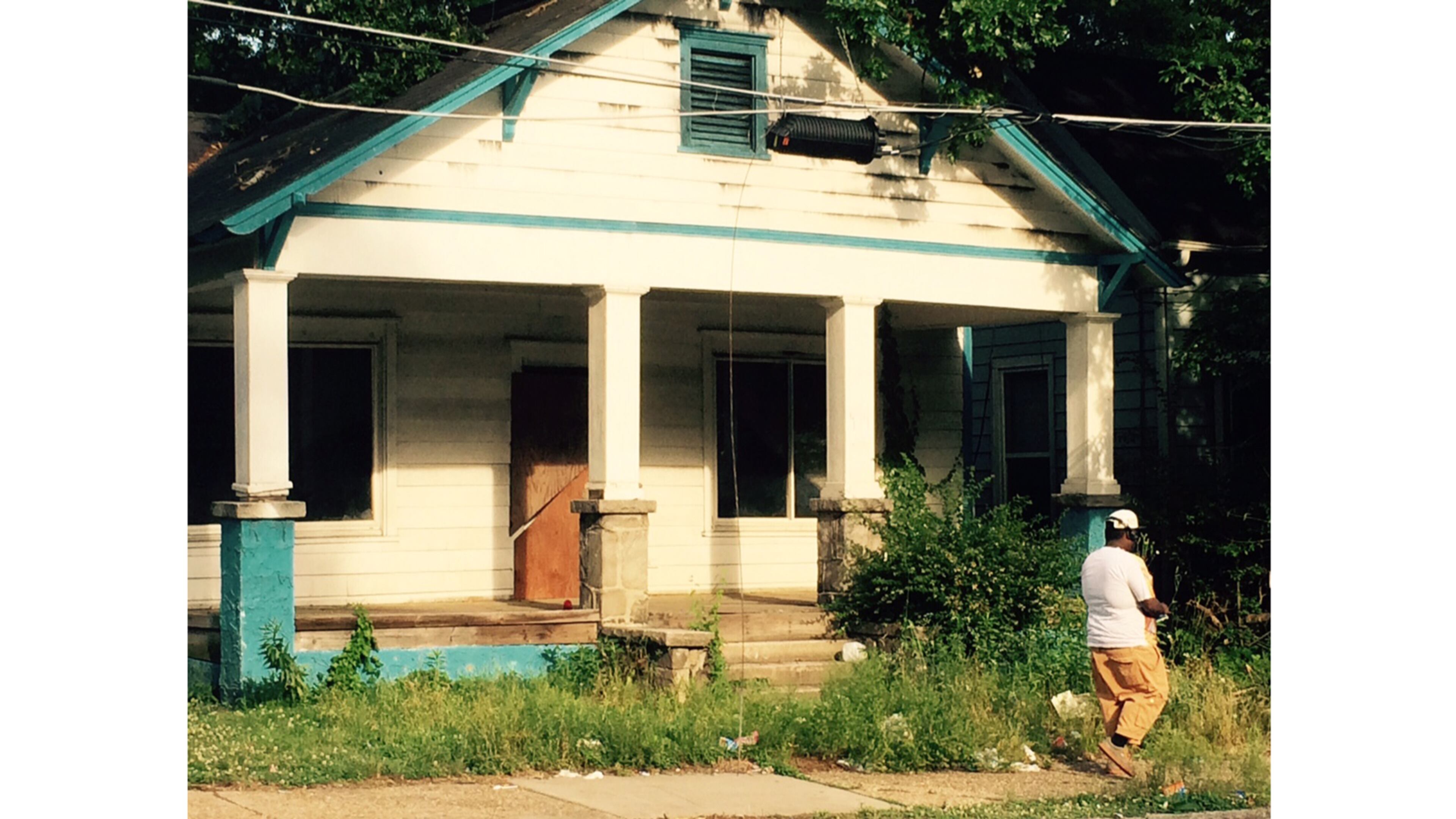More housing options can curb code abuse

Rick Warren, one of Atlanta’s most troubled property owners, is facing aggressive prosecution.
Warren faces possible fines and jail time on charges that he failed to properly maintain property he owns in the impoverished English Avenue neighborhood west of downtown. Rulings on Warren’s first two trials could come Tuesday, and he could face 12 additional trials.
The AJC and reporter Willoughby Mariano deserve credit for shining the spotlight on Warren’s actions, as does Atlanta Mayor Kasim Reed, who has shown a dogged determination to hold Warren accountable for the blight he has allegedly caused.
But the focus on any one property owner risks obscuring the truth that there are many property owners in our community who prey on the poor by providing substandard and even dangerous housing.
In the four years I served as director of housing and consumer programs at the Atlanta Volunteer Lawyers Foundation, our volunteers and I helped tenants fight legal battles against some of our city’s worst landlords. The stories my clients told were often shocking.
In one instance, the basement of a rental apartment complex owned by a repeat-offender landlord repeatedly filled with sewage. On warm days, the stench became unbearable.
In another case, a landlord knowingly moved a family of four into a unit he knew was infested with bedbugs. After just one night, the family’s three young children had to seek treatment in the emergency room.
We’ve had clients whose landlords refused to repair heating units. In winter, shivering families desperate for warmth often resort to using open ovens to heat their apartments, a highly dangerous practice.
These examples are not anomalies. We see multiple stories like these every week in our legal clinic.
What can be done to put Atlanta’s slumlords out of business?
First, we need more quality affordable housing options.
Atlanta is facing such a severe shortage that the waiting list for the relatively few units that do exist is measured in years. The result: predatory property owners like Warren become the de facto face of affordable housing for far too many of our low-income neighbors.
To be sure, this is a difficult problem to address. It has vexed political leaders for generations. But some cities are finding success with public-private partnerships.
In San Francisco, a 100-unit affordable-housing development is being funded in part by Salesforce CEO Marc Benioff and the Golden State Warriors NBA team. That project – which will abut the Warriors’ new arena – could be a model for Atlanta, where a new NFL stadium is rising not far from English Avenue.
Second, we need more aggressive code enforcement focused on the worst of the bad actors.
This is primarily an issue of resources. There are good people in the code enforcement offices, but staffing is far from adequate, and the city Solicitor’s Code Enforcement Division doesn’t have the time or resources necessary to prosecute the most brazen of the offenders.
This year, the city is spending $4.7 million on code enforcement to address blighted properties. That’s a big increase from 2014, but it’s still not enough for a city that sprawls over 132 square miles and where nearly a quarter of residents live below the poverty line.
By comparison, Sacramento, a similarly sized city, spends over $8 million – or nearly double that of Atlanta – on code enforcement.
Finally, the city should take steps to prevent people like Warren from profiting from the development sparked by new development such as the Beltline and new Falcons stadium, which receive public funding.
This exploitative business model – buying run-down properties, investing little to nothing in their upkeep, and waiting for property values to rise thanks to public investments – must not be tolerated.
To that end, more aggressive enforcement could mean legal action by the city to take properties away from the worst actors. The city has the legal authority to do so, but it remains to be seen whether it has the political will. This option should be on the table, and the Solicitor’s Code Enforcement Division should be given the resources necessary to make it happen.
Ultimately, city leaders must pay attention to what is happening in these neighborhoods. They must put the same level of creativity and effort into stopping slumlord-speculators as they put into promoting the large-scale development projects from which those speculators hope to profit.
With the prosecution of Warren, Mayor Reed is showing he is paying attention. Let’s hope this is just the beginning.
Michael Lucas, an attorney, is deputy director of the Atlanta Volunteer Lawyers Foundation.


